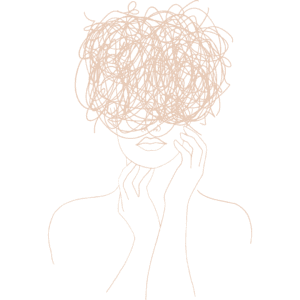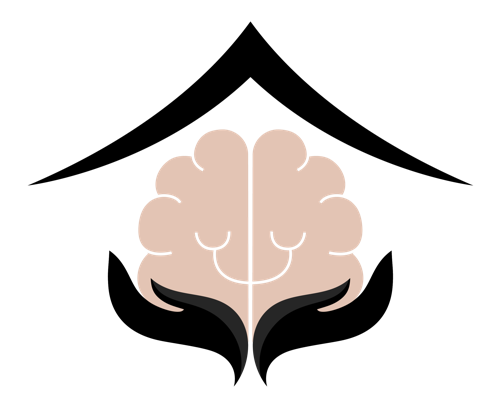
Imagine navigating life with a brain that constantly jumps from one thought to another, struggling to focus on tasks that seem mundane to others. Now, add a layer of persistent sadness or overwhelming worry. This is not a hypothetical scenario for many individuals but a daily reality. At Safe Haven Health, we understand the intricate dance between Attention-Deficit/Hyperactivity Disorder (ADHD) and co-occurring conditions like depression and anxiety. Let’s explore this complex relationship and how our integrated approach can make a profound difference.
The Overlapping Symptoms
ADHD is commonly characterized by inattention, hyperactivity, and impulsivity. Depression, on the other hand, often brings feelings of sadness, hopelessness, and a lack of energy. Anxiety can manifest as excessive worry, restlessness, and physical symptoms such as a racing heart. At first glance, these conditions might seem distinct, but a closer look reveals overlapping symptoms:
- Inattention and Lack of Focus: While primarily associated with ADHD, these symptoms can also result from depression and anxiety. The cognitive load of managing constant worry or sadness can significantly impair focus.
- Restlessness: Hyperactivity in ADHD and restlessness in anxiety might appear different but can feel similar to the person experiencing them.
- Impulsivity and Irritability: Impulsive behavior in ADHD and irritability in depression/anxiety can lead to poor decision-making and strained relationships.
The Chicken or the Egg?
One of the most challenging aspects of treating ADHD with co-occurring depression or anxiety is determining the primary condition. ADHD can lead to frustration, academic and professional difficulties, and strained social interactions, all of which can contribute to depression and anxiety. Conversely, chronic depression and anxiety can exacerbate ADHD symptoms, creating a vicious cycle.
Scientific Insights
Research indicates a strong correlation between ADHD and depression/anxiety. Studies suggest that individuals with ADHD are:
- Five times more likely to experience depression than those without ADHD.
- Four times more likely to develop an anxiety disorder.
Neurobiologically, these conditions share common pathways. Dysregulation in neurotransmitters like dopamine and serotonin is implicated in both ADHD and mood disorders. This shared biological foundation explains why these conditions often coexist.
The Impact on Daily Life
For those grappling with ADHD and depression/anxiety, the impact on daily life can be profound:
- Academic and Professional Challenges: Difficulty focusing and completing tasks can lead to poor performance and job instability.
- Social Strain: Impulsivity and emotional dysregulation can cause conflicts in personal relationships.
- Self-Esteem Issues: Chronic underachievement and the stigma associated with mental health conditions can erode self-confidence.
Our Approach at Safe Haven Health
At Safe Haven Health, we recognize the need for a comprehensive treatment plan that addresses both ADHD and its co-occurring conditions. Here’s how we do it:
- Personalized Assessment
Our journey begins with a thorough assessment to understand each individual’s unique interplay of symptoms. This includes a detailed clinical history, standardized questionnaires, and, when necessary, neuropsychological testing.
- Multimodal Treatment Plan
Based on the assessment, we craft a personalized treatment plan that may include:
- Medication Management: Utilizing medications like stimulants for ADHD and SSRIs for depression/anxiety, we carefully monitor and adjust to find the optimal balance.
- Lifestyle Interventions: Incorporating exercise, nutrition, and sleep hygiene to support overall well-being.
- Continuous Support and Monitoring
Mental health is a journey; we’re here for the long haul. Regular follow-ups, adjustments to the treatment plan, and a supportive community ensure that our clients never feel alone.
Conclusion
Understanding and addressing the link between ADHD and depression/anxiety is crucial for effective treatment and improved quality of life. At Safe Haven Health, our integrated approach is designed to tackle this complexity head-on, providing our clients with the tools and support they need to thrive. If you or a loved one are struggling with these intertwined conditions, reach out to us. Together, we can navigate the path to better mental health.
Whether you know or not if you have ADHD, let us help provide you some clarity. Make an appointment with us today.



